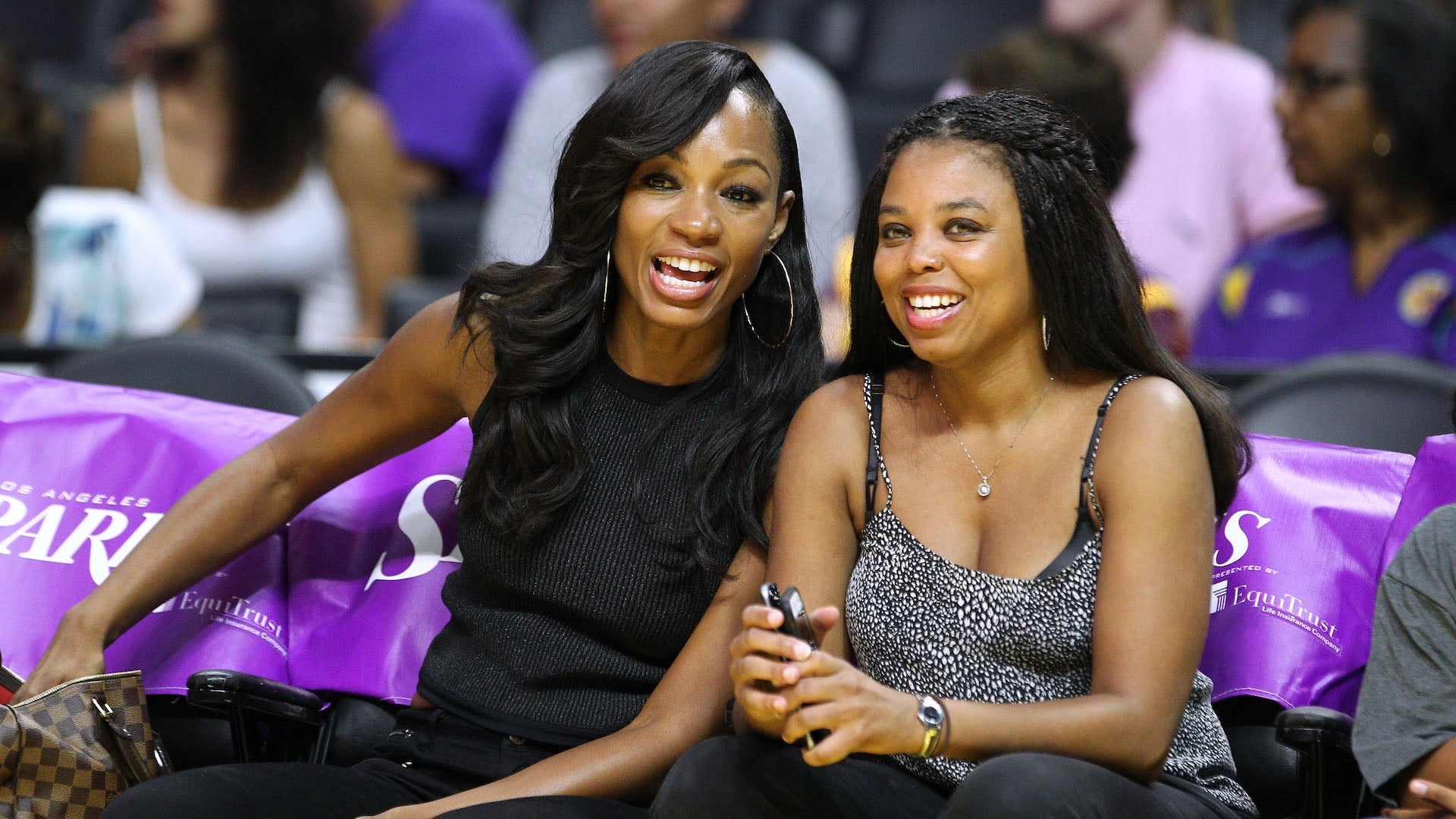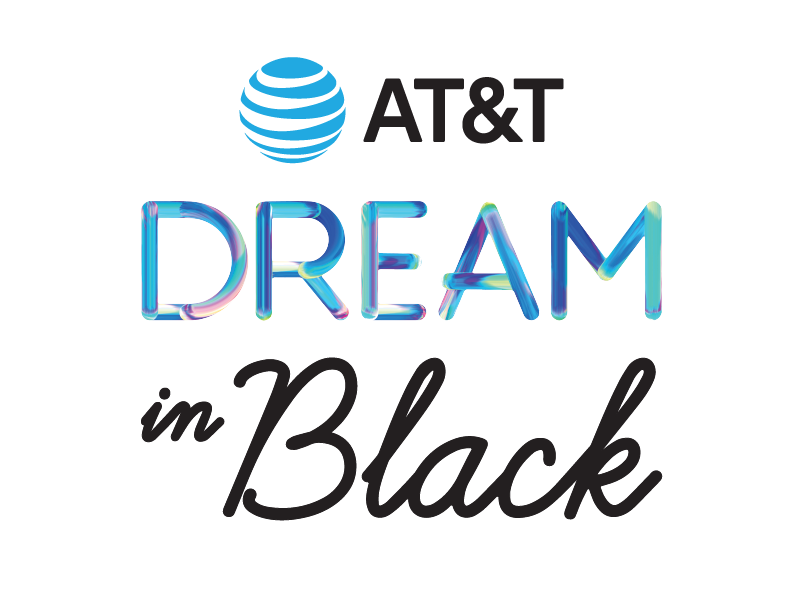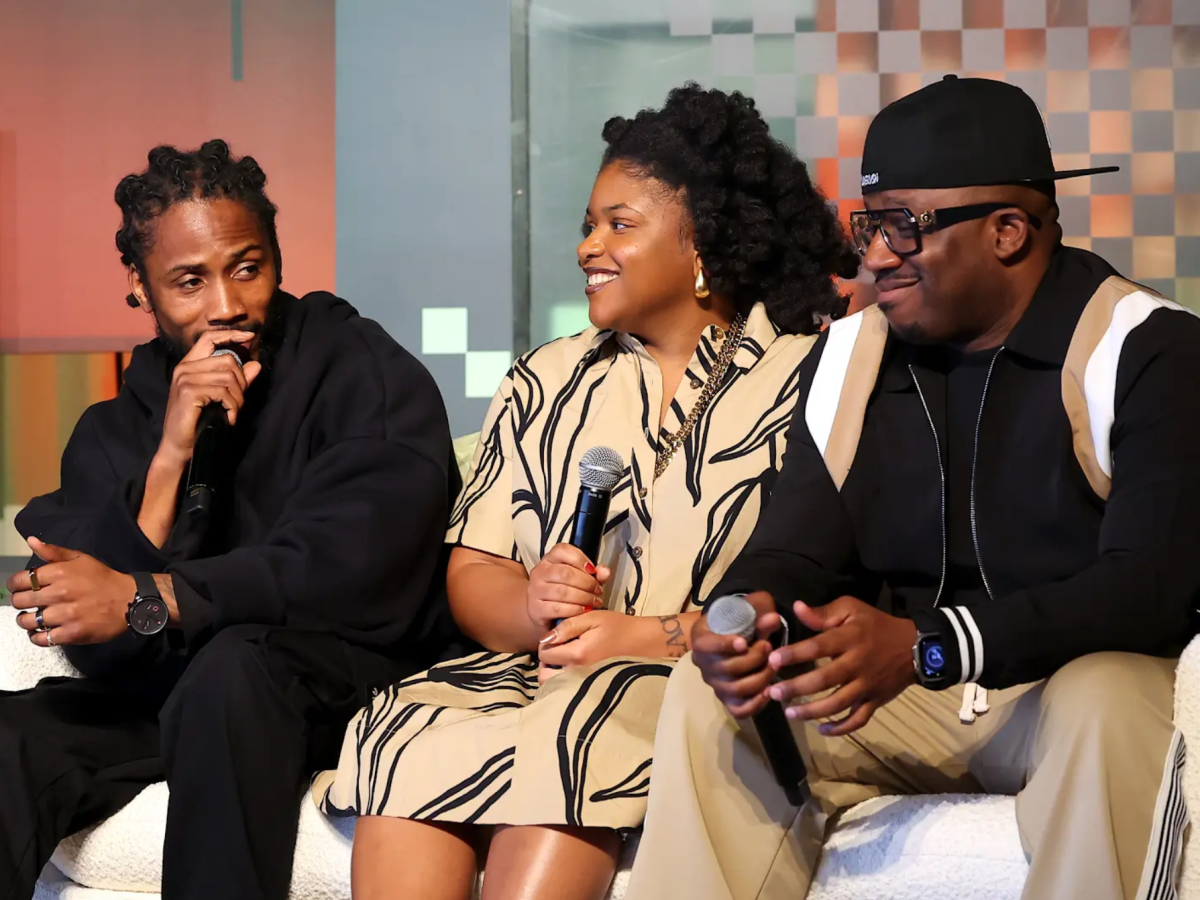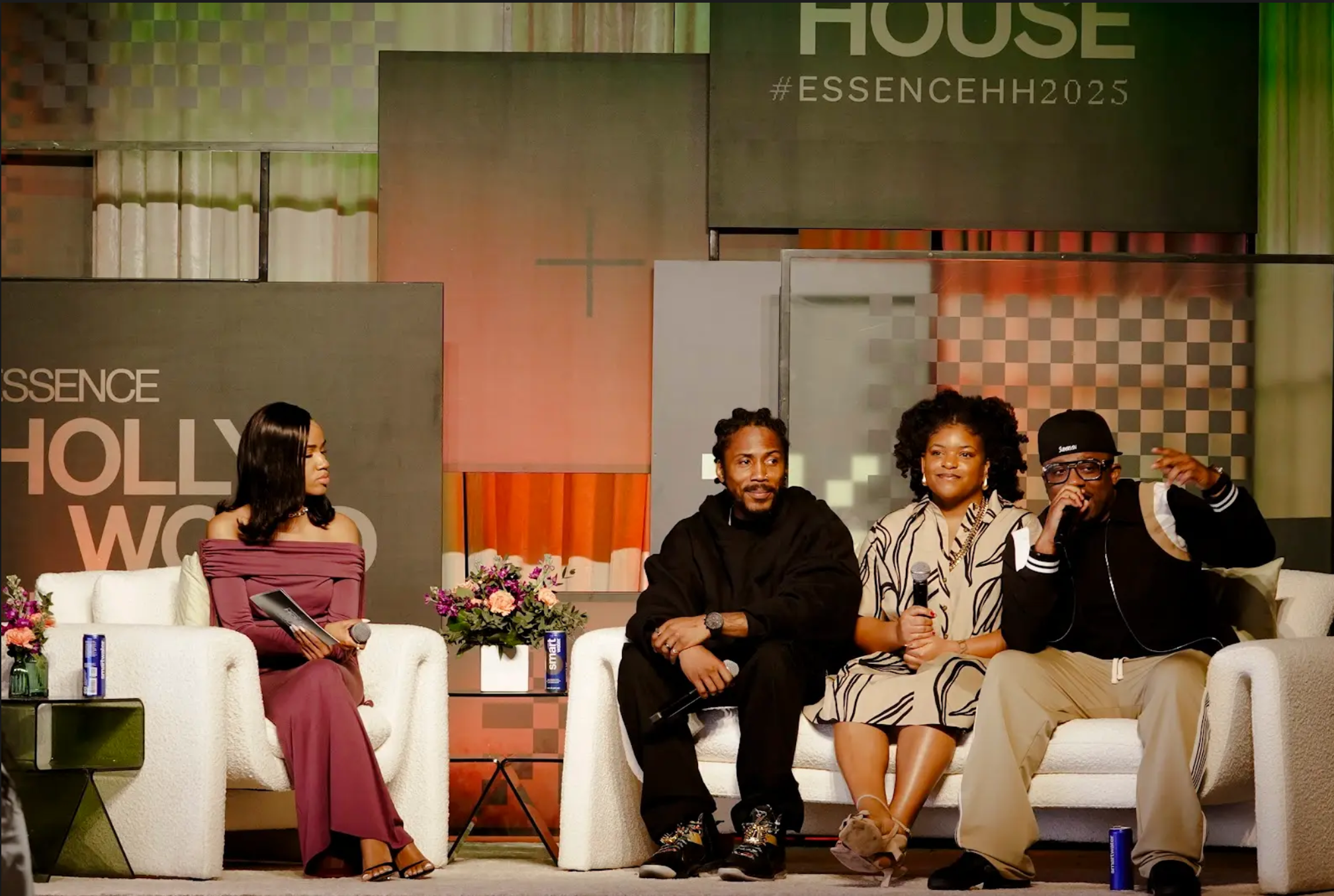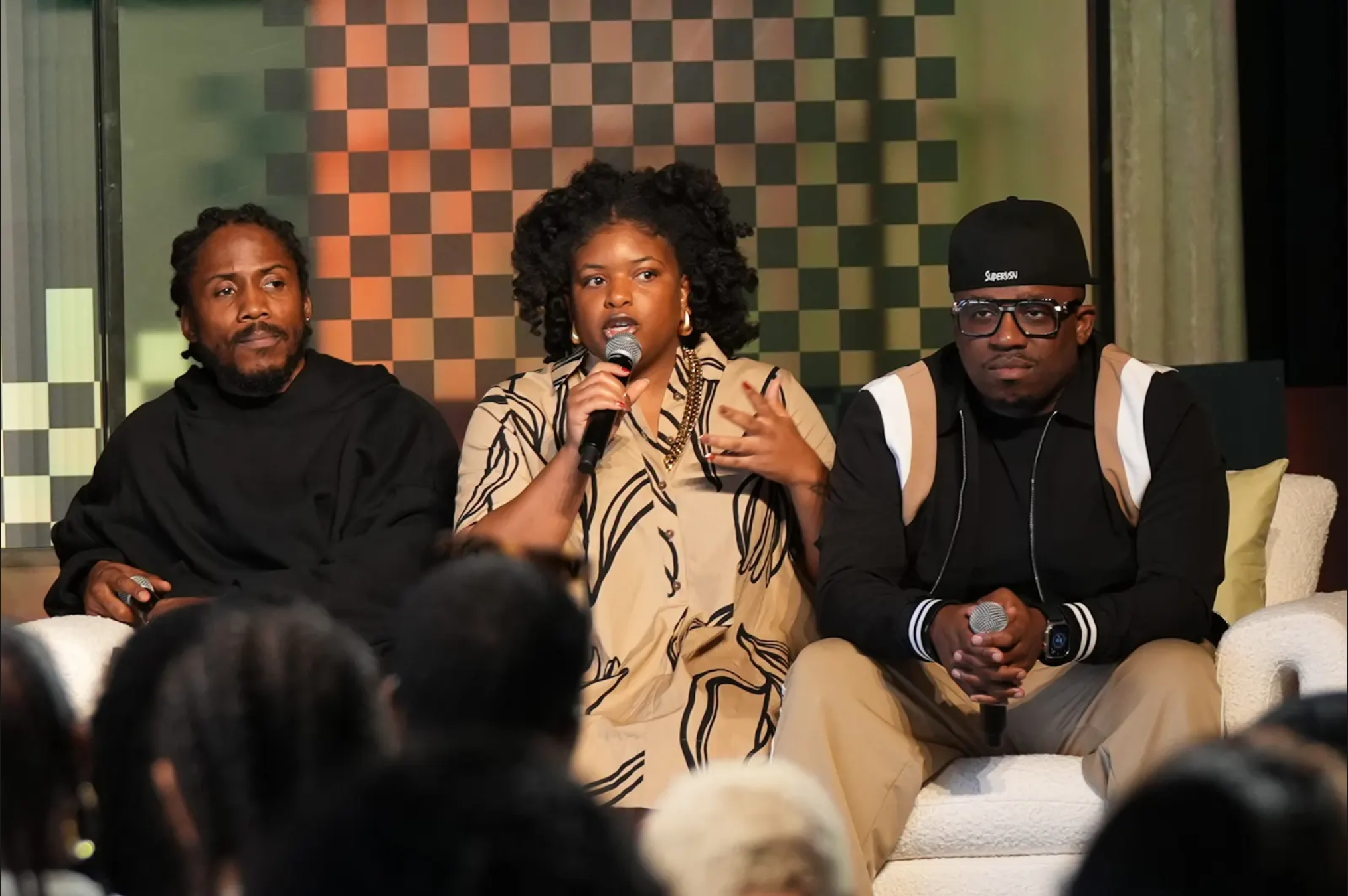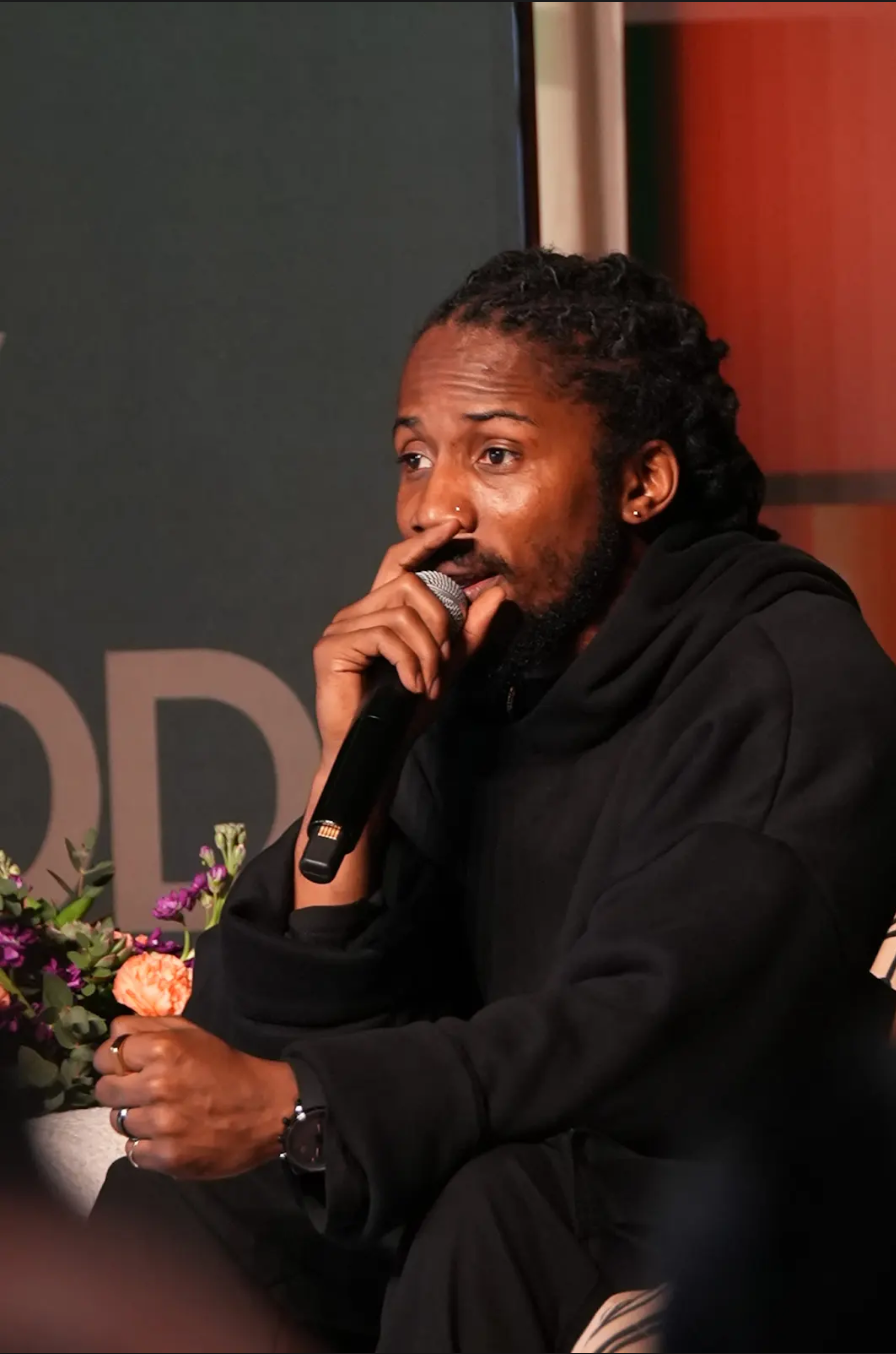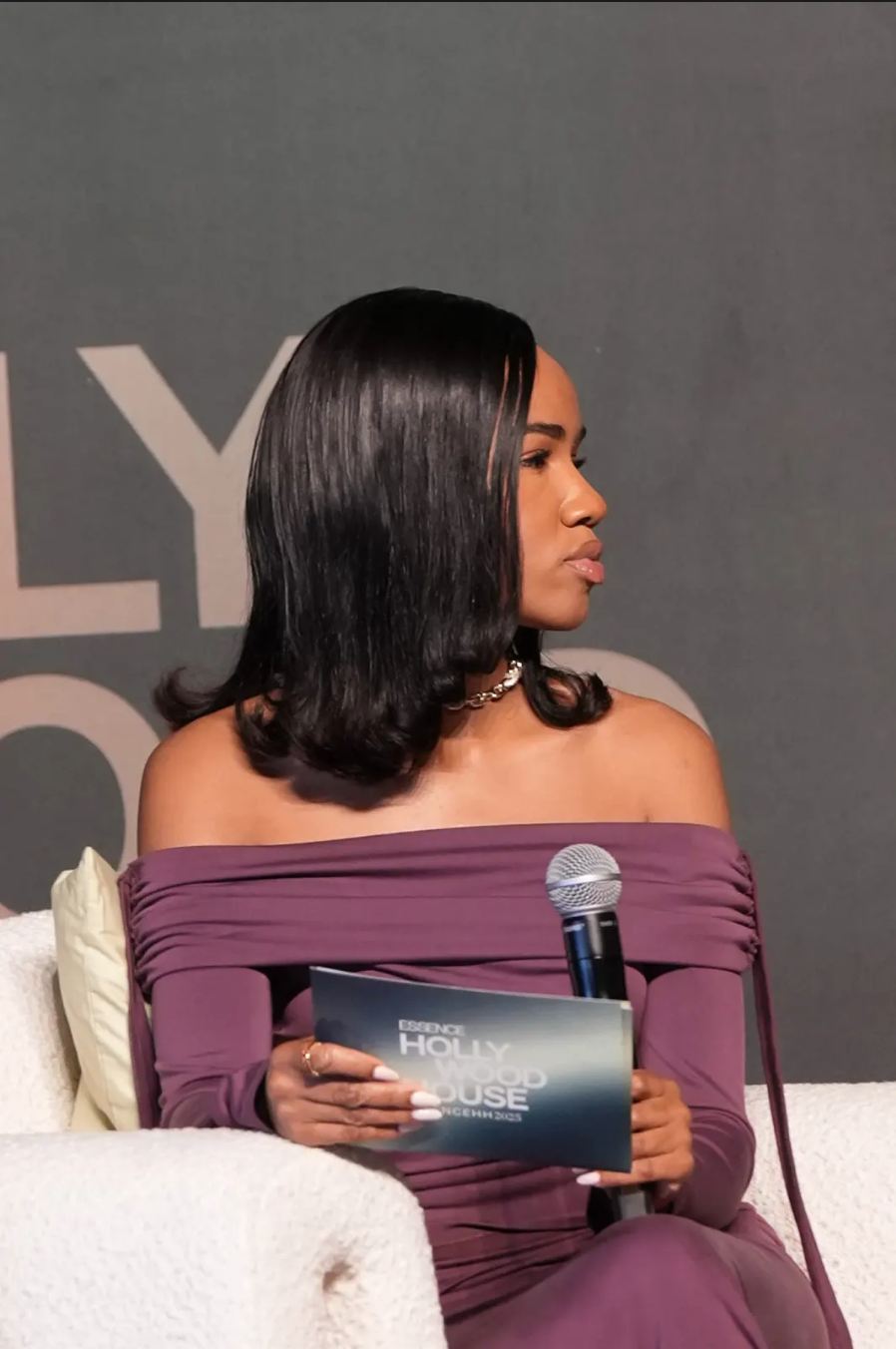Let’s paint a picture.
There are two melanin magic queens sitting next to each other, getting ready to embark on a season of greatness together. They’ve been friends for decades, but they have so much to catch up on because, well, life. One pours Makers Mark with a splash of ginger in her glass and the other, 1942. They both play songs to get the party started.
“Brown skin girl/Your skin just like pearls/The best thing in the world/I’d never trade you for anybody else.” Lyrics to Beyoncé’s fierce and unapologetic hit, “Brown Skin Girl,” pierces the speakers because what’s a better song for two powerful brown skin women to kick off a celebration? The drinks are flowing and the next song is sensual, glamorous, provocative and the epitome of women empowerment. “I said, certified freak/Seven days a week.” The intro alone turns up the heat and everyone knows that the party is in full effect when Cardi B and Megan Thee Stallion’s “WAP” comes on.
The drinks and songs of choice come from two award-winning broadcast journalists who’ve made their mark in the sports journalism world, Jemele Hill and Cari Champion. Rocking with each other since their days in Bristol, Connecticut at ESPN, the two have been dominating the intersection of sports, politics, culture and entertainment for much of their careers. It only makes sense for them to join forces for a new Vice TV show, Stick to Sports.
When was the last time you saw two wildly accomplished, informed and opinionated Black women on television hosting a late-night show telling everyone how they feel about things going on in the world? Maybe, never. But on Wednesday, Hill and Champion are taking their talents to TV for some unfiltered, unapologetic, engaging, and quite hilariously funny conversation.
ESSENCE chopped it up with the ladies about their new show, what it means to be a Black woman in the workplace and in America right now.
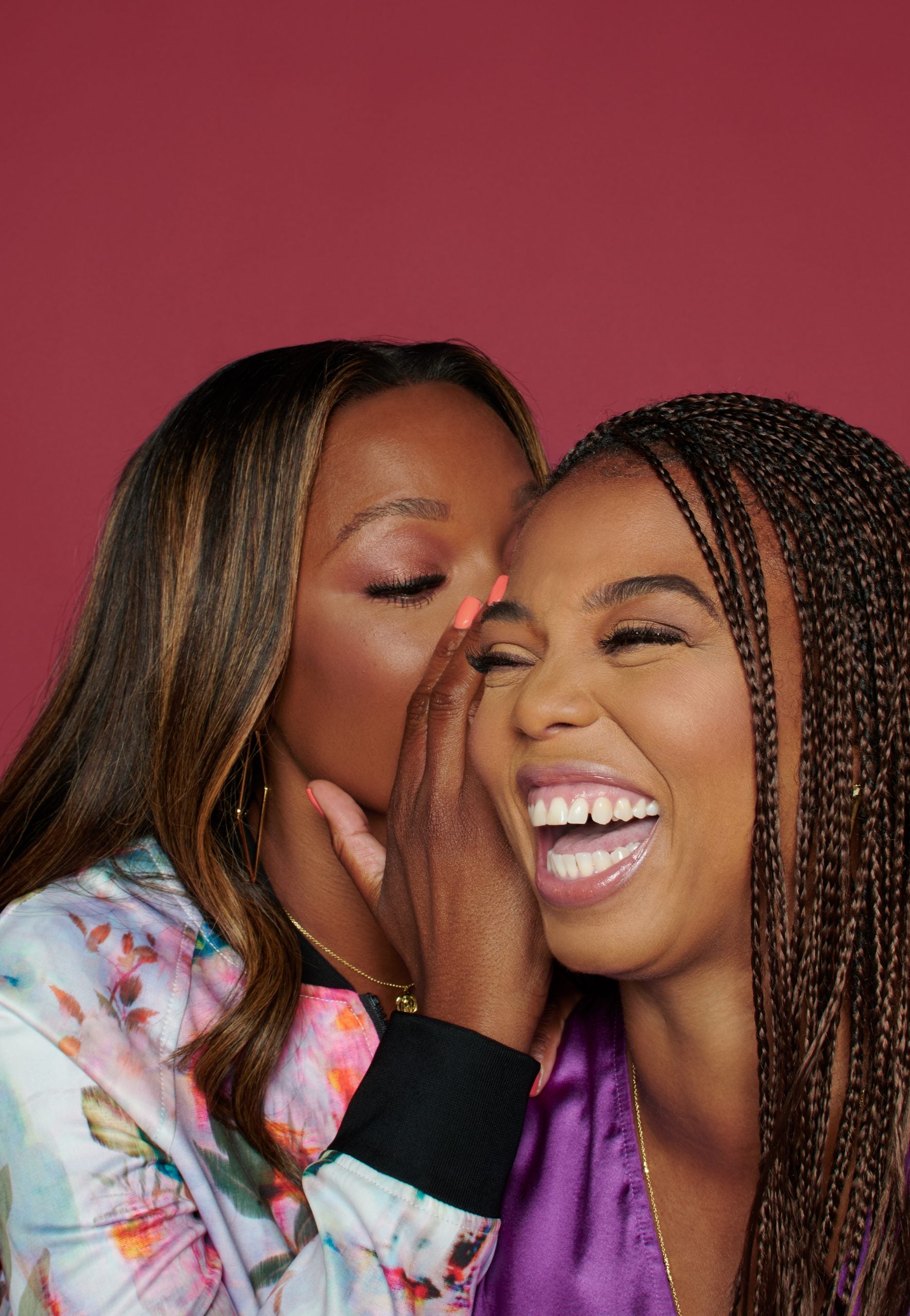
ESSENCE: How’d you come up with the idea of doing a show together?
Cari Champion: I went to Jemele’s house while I was working at ESPN. I said, “I’m going to bring a camera crew over and we’re just going to film some stuff because we’ve been talking about working together forever, but we didn’t know in what capacity. We just wanted to put something on camera, edit it, make it look good. She supplied the home and the adult beverages, and then we talked about real life shit and it just felt very honest.
How were those conversations?
CC: The thing that we leaned on the most was what our strengths were and Jemele has an incredible ability to take you several layers deep. So we were able to really have uncomfortable ass conversations—conversations you have at your dinner table or when you’re out having drinks with your close friends and the people that you consider intelligent; people who challenge you and make you think differently. We planted that seed in Bristol and it ultimately grew into what we have today, which is pretty amazing.
Sounds like Stick to Sports has been in the making for a while.
Jemele Hill: Yeah, it was one of those things that Cari put into motion as she so often does. Cari formulates the plan and you don’t actually get a chance to say no. It’s like, “We doing this!” You’re like, “Oh, OK. So I don’t have options. I got it.” But it was great and if she hadn’t taken that initiative, we would not be here right now. There’s no mistake about it.
How did you guys come up with the name Stick to Sports?
CC: We are put in a box and they feel like all we can do is talk about sports. But here’s the funny part about that. Even as women, when we would talk sports, they’d be like, “Go back to the kitchen.” So we could’ve named the show, Go Back to the Kitchen. Here’s the reality, we knew that we had so many other things to talk about because whether people want to accept it or not, sports is definitely entangled with politics, culture and entertainment.
There’s always been an intersection.
CC: Exactly and for so long, we tried to separate the two because sports is also an escape, which we understand. But the reality is that these worlds always coexist. It’s been that way since the beginning of time no matter what anyone tries to say.
The irony of the name is that you are doing the exact opposite.
JH: When we were at ESPN, we were vocal on those intersections and these issues, and people would say that they didn’t want sports to mix with politics. Actually, what they didn’t like was when it was an opinion that they didn’t agree with. Historically people have always been fine with Black people entertaining them. It gets tricky for some when the Black people that entertain them remind them that they’re actually Black people who live in America. Then it becomes harder for people to digest.
As Black women with success, influence and power, what is one thing that you still struggle with in the workplace?
CC: Showing our damn resume every five seconds. Not that it’s a struggle, but people often have to question you or ask if you know and you have to qualify. Jemele and I have this conversation often. Our word has to be validated by someone else’s word before it’s actually considered legit. As a Black woman, you often find that not only do you have to show your resume, they act as if there can only be one.
What’s the best part of being a Black woman?
JH: Black women [are] the conscience of America. Even though sometimes that does come at our own expense, I like the fact that we are the conscience of America, and we have been for a long time. Black women have always been the backbone of this country. We are a building block and a voice that has always looked out for the entire community.
Yes, but that can be so tiring.
JH: It’s sort of a double-edged sword because it’s also sacrificing our ability to speak to particular pain and trauma that we’ve experienced. But because of the way that we have capably and wonderfully and without complaint held up this community, I think that’s why we’re sort of the original superheroes. We gon’ probably have to save this country in this election in November. It’s just a lot that God assigned to us.







What’s one thing that you want people to take away from Stick to Sports?
JH: The biggest takeaway from Stick to Sports is that we refuse to be invisible. This is a time where Black women are seizing their power in a number of different ways. Right now there’s a lot of Black women who have just decided that they’re not going to wait on anybody to hand them their success. They’re going to take it on their own terms. You have two Black women on TV, in prime time, leading the show with their opinions and that’s just something you don’t see on television. So I hope people understand what that means and what that says about where Black women are in this country right now.
Vice TV’s Stick to Sports airs Wednesday at 10 p.m. ET. And oh yeah, this interview has been edited and condensed for clarity.
